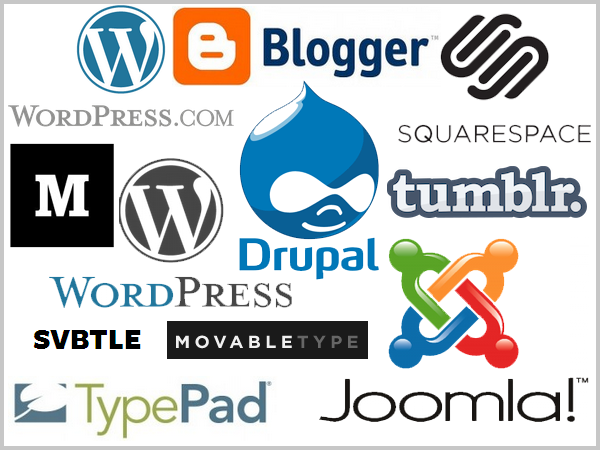Starting your first blog can be an exciting and rewarding endeavor. Whether you want to share your passion, expertise, or simply your thoughts with the world, a blog is a great platform to do so. Here’s a step-by-step guide to help you get started:
Define Your Blog’s Purpose and Niche:
Determine why you want to start a blog and what you want to write about.
Choose a specific niche or topic that you are passionate about and knowledgeable in.

Choose a Blogging Platform:
There are several blogging platforms to choose from, such as WordPress, Blogger, Tumblr, and Medium. WordPress is one of the most popular and versatile options.
Consider factors like ease of use, customization options, and scalability when selecting a platform.

Select a Domain Name and Hosting:
Your domain name is your blog’s web address (e.g., www.yourblogname.com). Choose a name that is relevant to your niche and easy to remember.
Purchase web hosting (e.g., Bluehost, SiteGround, or HostGator) and link your domain name to it.
Install and Set Up Your Blog:
If you choose WordPress, you can install it directly from your hosting provider’s control panel.
Customize your blog’s appearance by selecting a theme and configuring settings.
Create Quality Content:
Start writing and publishing blog posts that are informative, engaging, and well-researched.
Use a consistent tone and style in your writing.
Promote Your Blog:
Share your blog posts on social media platforms, join relevant online communities, and network with other bloggers in your niche.
Consider using SEO (Search Engine Optimization) techniques to improve your blog’s visibility in search engines.

Engage with Your Audience:
Respond to comments on your blog and engage with readers on social media.
Encourage feedback and interaction to build a community around your blog.
Monetize Your Blog (Optional):
Once your blog gains traction and a regular readership, you can explore monetization options such as affiliate marketing, sponsored posts, or selling digital products.
Learn and Improve:
Continuously educate yourself about blogging, content marketing, and SEO.
Analyze your blog’s performance using tools like Google Analytics and adjust your strategy accordingly.
Stay Consistent:
Consistency is key to building an audience. Publish content regularly, whether it’s daily, weekly, or on a schedule that suits you.
Protect Your Content:
Consider adding copyright notices to your content and using plugins or tools to prevent unauthorized copying of your articles.
Legal Considerations:
Familiarize yourself with the legal aspects of blogging, such as privacy policies, disclosure requirements for affiliate marketing, and copyright laws.
Backup Your Blog:
Regularly back up your blog to prevent data loss in case of technical issues or hacking.
Remember that building a successful blog takes time and effort. Be patient, persistent, and open to learning from your experiences and feedback. Over time, you can grow your blog and achieve your goals, whether they are related to personal expression, community building, or income generation.
Follow Us On Social Media: 1297total visits,2visits today
1297total visits,2visits today
